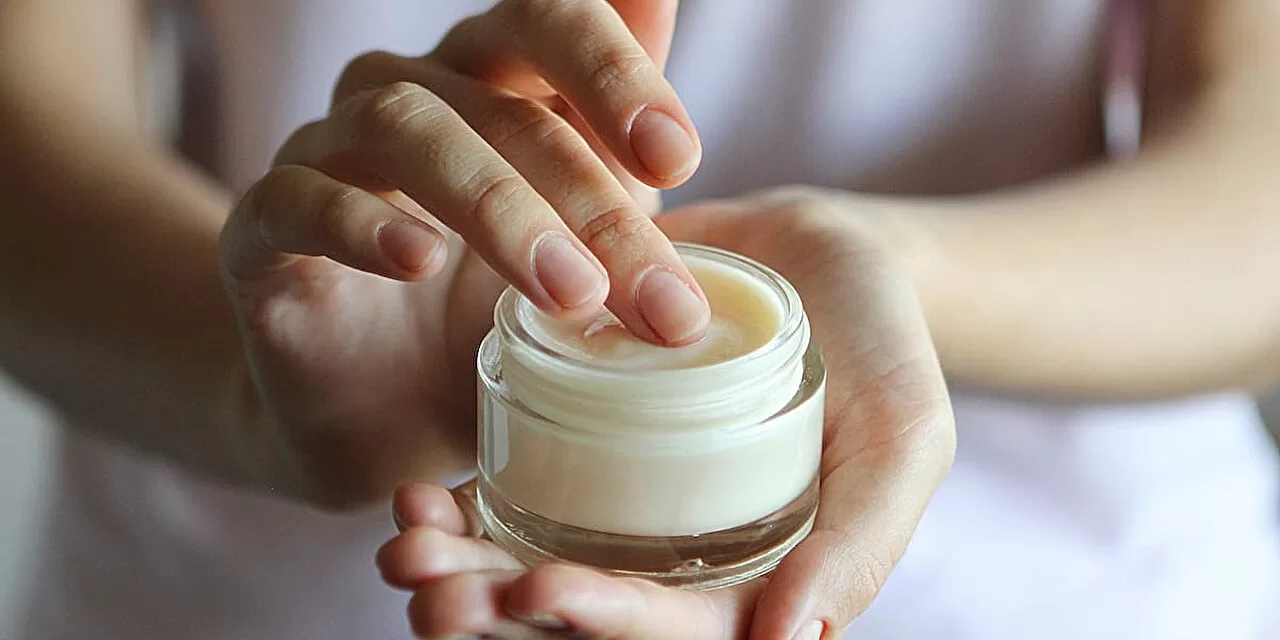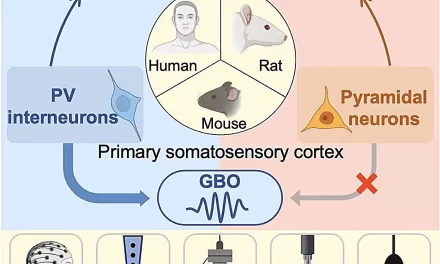August 14, 2024 — New research has unveiled a troubling connection between common chemicals found in personal care products and a significant increase in pregnancy-related complications. According to a recent study published in Environmental Health Perspectives, chemicals such as phenols and parabens, prevalent in sunscreens, makeup, and other cosmetics, may heighten the risk of hypertension during pregnancy by 57%, particularly between 24 and 28 weeks of gestation.
Lead researcher Julia Varshavsky, an assistant professor of health sciences at Northeastern University, highlighted the study’s findings, which were based on an extensive analysis of over 1,000 pregnant women in northern Puerto Rico. The research detected elevated levels of phenols and parabens in the participants’ urine and noted a correlation with increased blood pressure readings throughout their pregnancies.
“Chemicals in everyday personal care products are linked to an increased risk of hypertension among pregnant women,” Varshavsky explained. “This is concerning because high blood pressure during pregnancy can restrict blood flow to the placenta, potentially leading to complications such as restricted fetal growth, low birth weight, and premature birth.”
The study also underscores the potential long-term health impacts for both mother and child. Elevated blood pressure during pregnancy not only increases the risk of conditions like preeclampsia and stroke but can also predispose both mother and child to hypertension, diabetes, and heart disease later in life.
Phenols and parabens, often used as UV filters in sunscreens and preservatives in cosmetics, are widely present in consumer products. Approximately 80% of personal care products contain parabens, making them a common source of exposure. These chemicals are known to induce inflammation, oxidative stress, and hormonal disruptions, all of which have been linked to higher blood pressure.
Varshavsky advises pregnant women, and those planning to become pregnant, to minimize their exposure to these chemicals. “Opting for fragrance-free and paraben-free products can be beneficial. While reducing exposure won’t completely eliminate risk, it can lower it significantly,” she said. Phenols and parabens have short biological half-lives, meaning their levels in the body decrease relatively quickly once exposure is reduced.
The study’s senior researcher, Stephanie Eick from Emory University’s Rollins School of Public Health, called for more robust regulatory measures. “Our findings indicate that current oversight by the FDA and EPA is insufficient. We need enhanced product labeling, better industry practices, and innovative solutions to ensure chemical safety,” Eick asserted.
The research serves as a critical reminder of the need for ongoing scrutiny and reform in the cosmetic and personal care industries to safeguard public health.
For more details, refer to the study by Julia R. Varshavsky et al., “Association of Phenols, Parabens, and Their Mixture with Maternal Blood Pressure Measurements in the PROTECT Cohort,” published in Environmental Health Perspectives. DOI: 10.1289/EHP14008
The Environmental Working Group offers additional resources on parabens and their impact on health.












